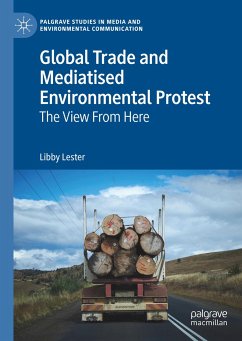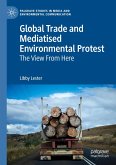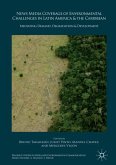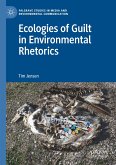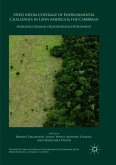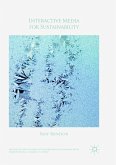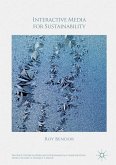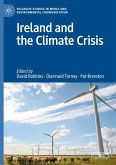As more governments, companies and individuals scan the globe for access to primary resources such as minerals and timber, food, power and water, and destinations for work, holidays and homes, pressures on places and communities grow. At the same time, global environmental risks - most notably, climate change - produce new networks and unfamiliar forms of politics. Communication media are integral to this change. This book explores how geographically diverse groups and individuals interact in and through media to influence the negotiations and decisions affecting often distant landscapes and communities. Drawing on extensive fieldwork in the Australia-Asia region, the book includes case studies on the environmental protests that follow the international flow of people and resources, including timber, fish, coal, water and tourism. It asks how 'communities of concern' are evoked, which transcend local places and national boundaries.

